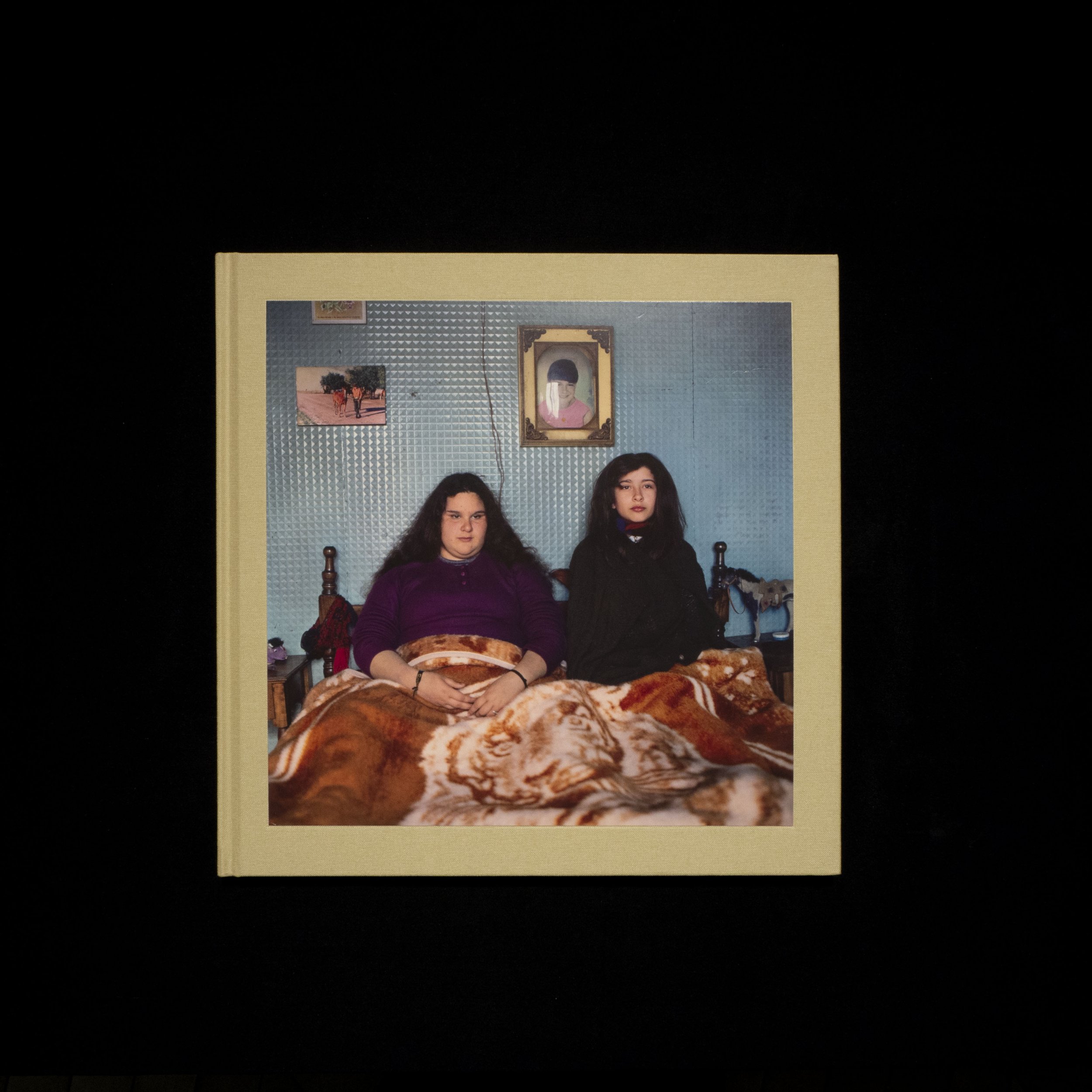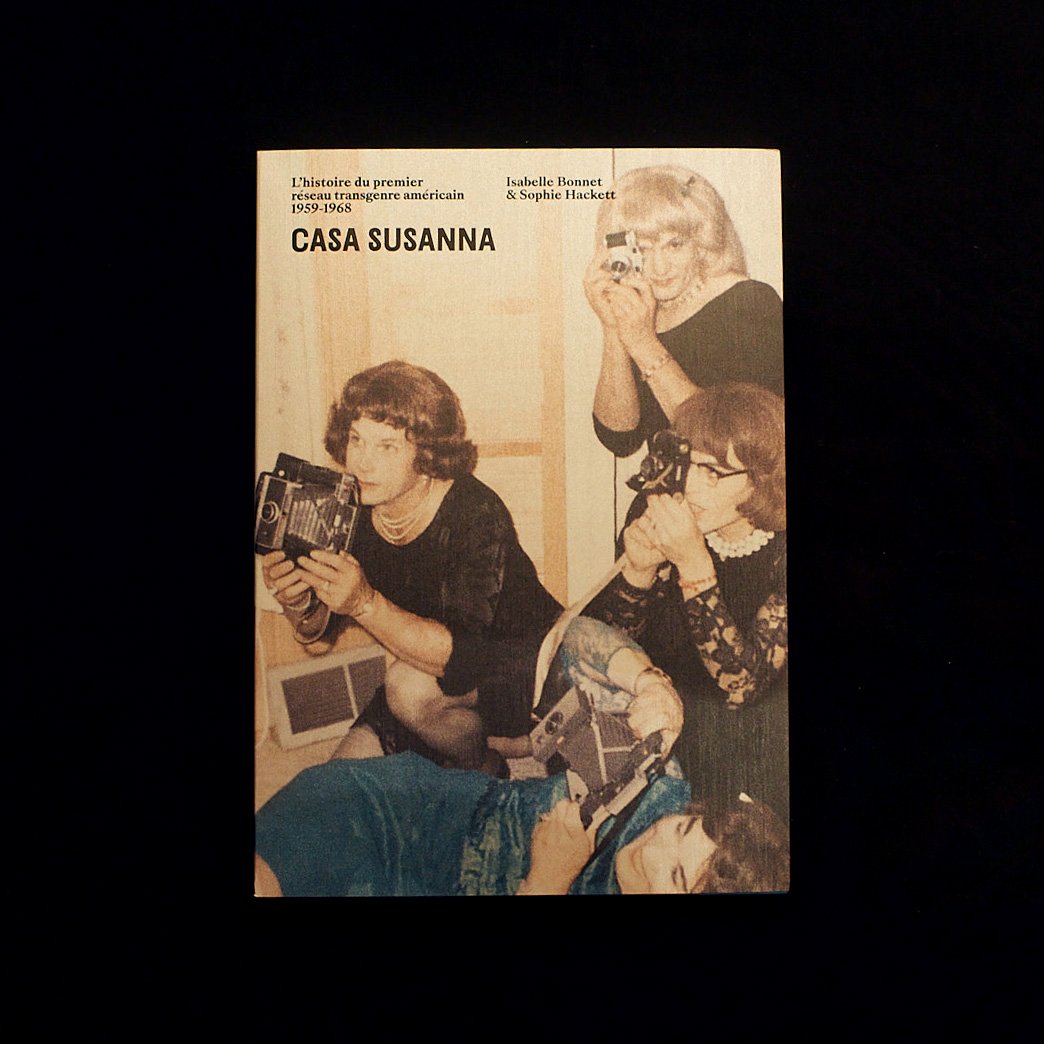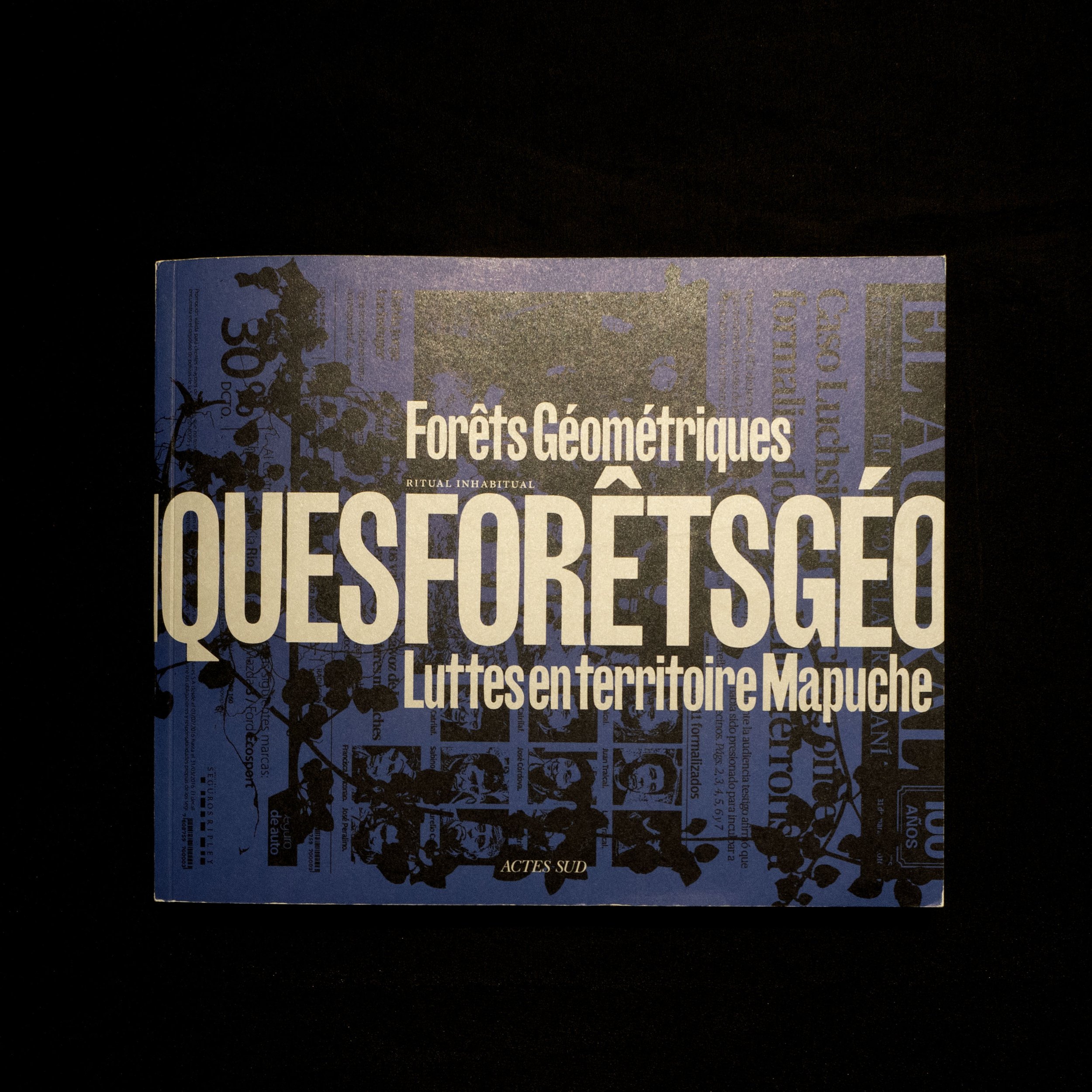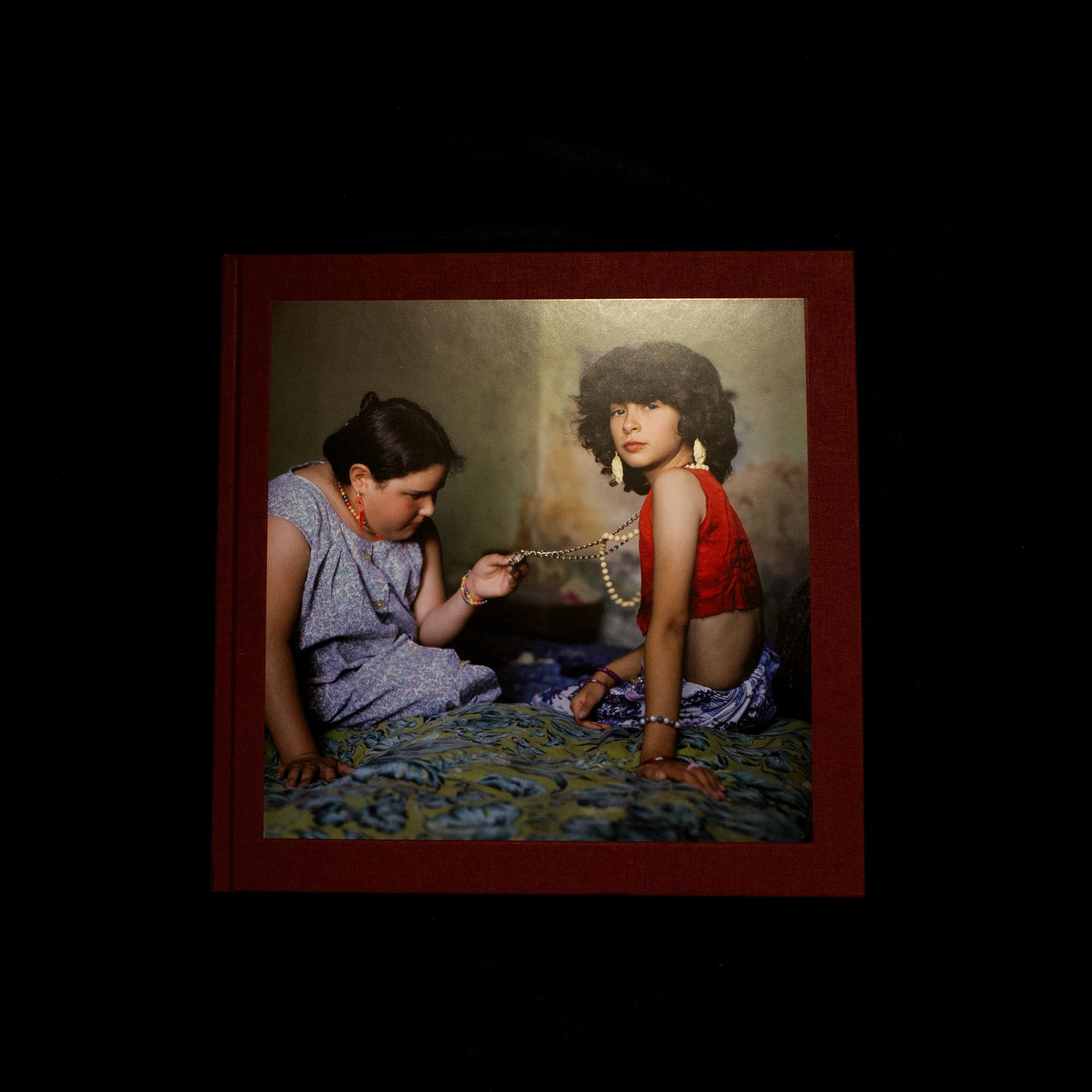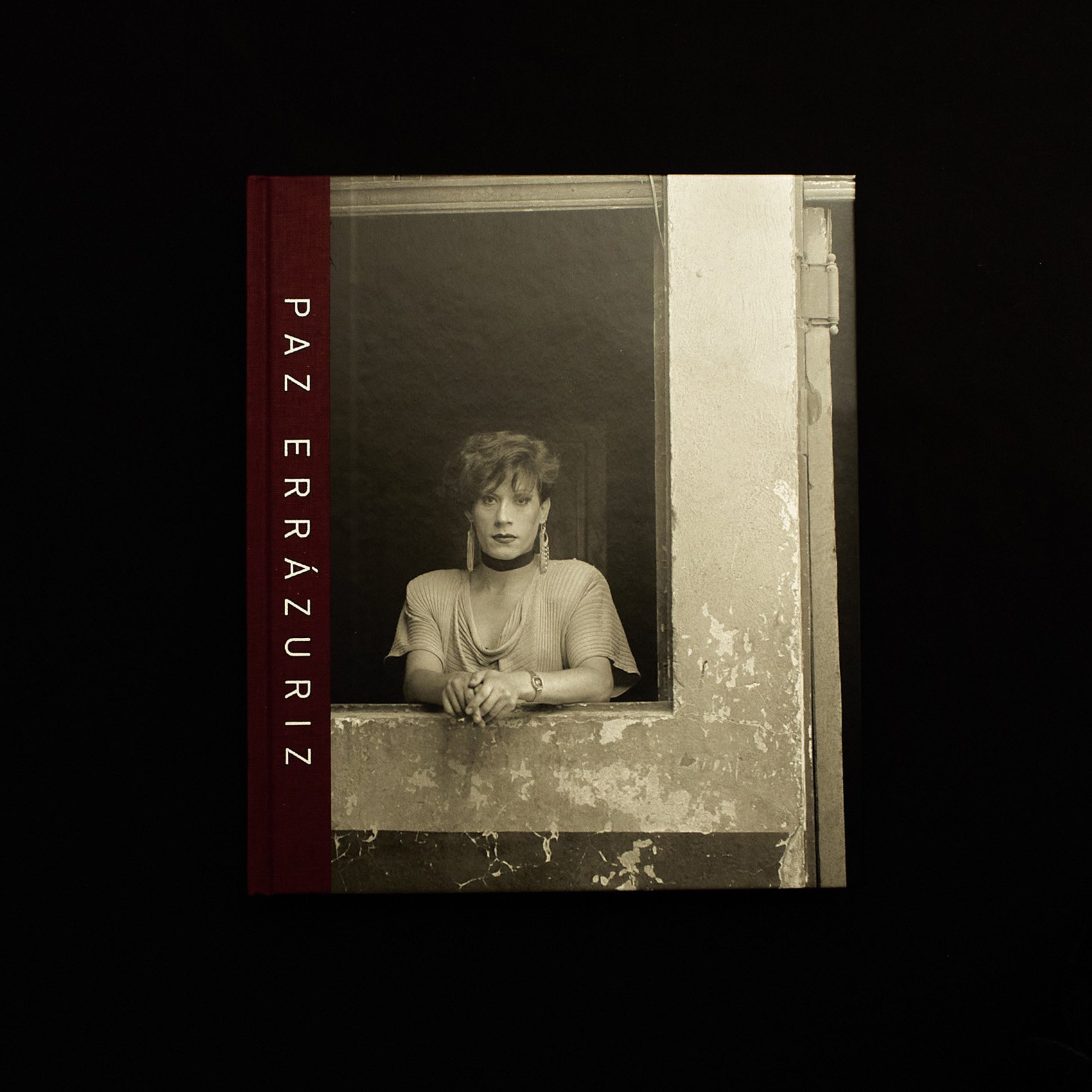 Image 1 of 1
Image 1 of 1


PAZ ERRÁZURIZ - Aperture
Chilean photographer Paz Errázuriz began to take photos in the 1970s, under the dictatorship Pinochet, and in the decades that followed , she traveled extensively to document the landscape and the population of her native country. Just throughout her dedicated practice, Errázuriz forges close links with her native city , Santiago, but also with the central valley of Chile, Patagonia and Valparaíso, and forges long-lasting relationships with xml-ph-0029@deepl.intern Her commitment to her subjects is unwavering - she is known for spending of months or of years in a given community, establishing the trust and studying carefully the social structures. During the dictatorship, her projects violated the regulations imposed by the military regime , as she dared to visit cloistered underground houses, shelters, psychiatric wards and boxing clubs , where women were not welcome .
Dans Paz Errázuriz: Survey, plus de 170 photographies sont rassemblées pour la première fois, ce qui donne lieu à une publication rétrospective s'étalant sur plus de quarante ans. Pour reprendre les mots de l'auteur Gerardo Mosquera, « les espaces explorés dans les photos d'Errázuriz – au-delà des personnalités frappantes – révèlent une esthétique extrême qui révèle aussi les nids-de-poule et les irrégularités laissées sur le chemin de la modernisation. Son travail se concentre systématiquement sur la marginalisation sociale qui continue d'affliger le pays, faisant chavirer l'image de flottabilité du Chili en pénétrant intuitivement les contradictions - les innombrables fissures et fissures - qui persistent encore aujourd'hui. » Paz Errázuriz (né à Santiago, Chili, 1944) a publié des livres dont El Infarto del Alma (1993), La Manzana de Adán (1989), Kawésqar: Hijos de la Mujer Sol (2005), Amalia (1973) et Paz Errázuriz, fotografía 1982-2002 (2004). En 1981, elle a cofondé l'Asociación de Fotógrafos Independientes. Elle a reçu une bourse Guggenheim en 1986, ainsi qu'une bourse Fulbright en 1992. Son travail a été exposé dans le monde entier, et en 2015, elle et Lotty Rosenfeld ont représenté le Chili à la Biennale de Venise. Elle a également reçu le prix PHotoEspaña 2015.
Juan Vicente Aliaga (essay) is a art critic and curator Spanish. As as member of the Faculty of Fine Arts of the Polytechnic University of Valencia, his research has focused on conceptual art , the politics of gender, queer theory and cultural intersectionality . In more than being the author of several books, he is a regular correspondent of Artforum.
Gerardo Mosquera (essay) is curator, critic, art historian and writer based in Havana. He played a role of prominence in the organization of the first Biennial of La Havana in 1984, was awarded a fellowship Guggenheim in 1990 and was assistant curator at New xml-ph- . He is the author of numerous books articles and essays published in magazines such as Aperture, Artforum, Art in America, Cahiers and Kunstforum.
Paulina Varas (essay) is curator and researcher based in Valparaíso, Chile, and in Barcelona. She is currently doctoral student in history and theory of art at the University of Barcelona. She has written and co-authored books exploring contemporary art Chilean and Latin American, and her writings are often published in international journals .
Published by Aperture, 2016
26cm x 23 cm, 272 pages, new
ISBN: 9781597113540
Chilean photographer Paz Errázuriz began to take photos in the 1970s, under the dictatorship Pinochet, and in the decades that followed , she traveled extensively to document the landscape and the population of her native country. Just throughout her dedicated practice, Errázuriz forges close links with her native city , Santiago, but also with the central valley of Chile, Patagonia and Valparaíso, and forges long-lasting relationships with xml-ph-0029@deepl.intern Her commitment to her subjects is unwavering - she is known for spending of months or of years in a given community, establishing the trust and studying carefully the social structures. During the dictatorship, her projects violated the regulations imposed by the military regime , as she dared to visit cloistered underground houses, shelters, psychiatric wards and boxing clubs , where women were not welcome .
Dans Paz Errázuriz: Survey, plus de 170 photographies sont rassemblées pour la première fois, ce qui donne lieu à une publication rétrospective s'étalant sur plus de quarante ans. Pour reprendre les mots de l'auteur Gerardo Mosquera, « les espaces explorés dans les photos d'Errázuriz – au-delà des personnalités frappantes – révèlent une esthétique extrême qui révèle aussi les nids-de-poule et les irrégularités laissées sur le chemin de la modernisation. Son travail se concentre systématiquement sur la marginalisation sociale qui continue d'affliger le pays, faisant chavirer l'image de flottabilité du Chili en pénétrant intuitivement les contradictions - les innombrables fissures et fissures - qui persistent encore aujourd'hui. » Paz Errázuriz (né à Santiago, Chili, 1944) a publié des livres dont El Infarto del Alma (1993), La Manzana de Adán (1989), Kawésqar: Hijos de la Mujer Sol (2005), Amalia (1973) et Paz Errázuriz, fotografía 1982-2002 (2004). En 1981, elle a cofondé l'Asociación de Fotógrafos Independientes. Elle a reçu une bourse Guggenheim en 1986, ainsi qu'une bourse Fulbright en 1992. Son travail a été exposé dans le monde entier, et en 2015, elle et Lotty Rosenfeld ont représenté le Chili à la Biennale de Venise. Elle a également reçu le prix PHotoEspaña 2015.
Juan Vicente Aliaga (essay) is a art critic and curator Spanish. As as member of the Faculty of Fine Arts of the Polytechnic University of Valencia, his research has focused on conceptual art , the politics of gender, queer theory and cultural intersectionality . In more than being the author of several books, he is a regular correspondent of Artforum.
Gerardo Mosquera (essay) is curator, critic, art historian and writer based in Havana. He played a role of prominence in the organization of the first Biennial of La Havana in 1984, was awarded a fellowship Guggenheim in 1990 and was assistant curator at New xml-ph- . He is the author of numerous books articles and essays published in magazines such as Aperture, Artforum, Art in America, Cahiers and Kunstforum.
Paulina Varas (essay) is curator and researcher based in Valparaíso, Chile, and in Barcelona. She is currently doctoral student in history and theory of art at the University of Barcelona. She has written and co-authored books exploring contemporary art Chilean and Latin American, and her writings are often published in international journals .
Published by Aperture, 2016
26cm x 23 cm, 272 pages, new
ISBN: 9781597113540


